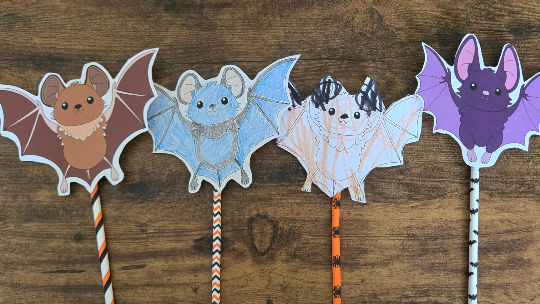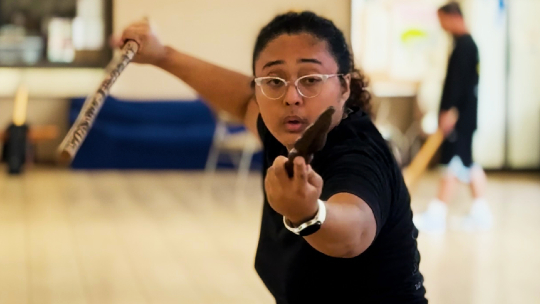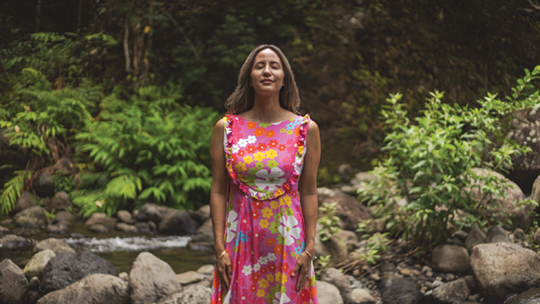Jerome Kim, M.D., knows all too well the important role that vaccines have in saving lives.
The former Kaneohe resident has worked to help stop the spread of cholera, typhoid fever, and other diseases worldwide. Now, Dr. Kim is taking on his biggest project yet – developing a vaccine to stop COVID-19, a disease that has led to one of the largest global pandemics in modern times.
“If we’re successful, we’ll spare a lot of lives, including our grandmas and grandpas and aunties and uncles,” says Dr. Kim, a graduate of Iolani School and the University of Hawaii at Manoa.
Dr. Kim is the director general of the International Vaccine Institute (IVI), one of the many organizations worldwide involved in the frantic race for a COVID-19 vaccine.
Speaking from IVI’s headquarters in Seoul, Dr. Kim tells Island Scene that he’s hopeful a vaccine will be available within a year.
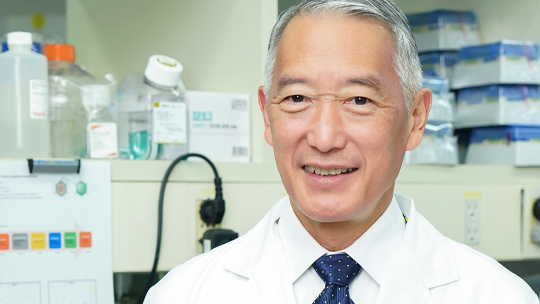
Is it true that it could take up to 18 months for a vaccine?
That’s a fast-tracked timeline for any vaccine development. It usually takes five to 10 years. But with COVID-19, we don’t have 10 years to wait. This virus has already burned across the country. We need to do all we can to speed this up. We’re all working around the clock.
It’s a huge time and financial investment in such a short amount of time. The failure rate for vaccine development is about 90%. Most vaccines in development never get approved. It’s a big risk for vaccine makers. But it’s a risk worth taking. The virus has already taken too many lives and caused social and economic damage to our families, friends, and communities.
Given those odds, what are the chances of getting a COVID-19 vaccine?
There’s a good chance. We already have some experience with vaccines for other coronaviruses, such as SARS and MERS. So we’re not starting from scratch. But it’s still going to take the cooperation of scientists, governments, and regulatory agencies throughout the world to make sure we have a vaccine that not only works but is also safe. And that’s important because vaccines are given to healthy people. We need to keep them healthy. The vaccine can’t cause unacceptable side effects and pain.
Vaccines are developed in phases. Research institutes like IVI generally start in the laboratory and then move to animal testing. After thorough review with a regulatory agency such as the U.S. Food and Drug Administration, we move to testing phases I, II, and III in humans to make sure the vaccine is safe and works to prevent disease.
There are currently 11 vaccine candidates in pre- or early-stage clinical testing around the world, which is remarkable. Here in South Korea, IVI is gearing up to conduct a phase I and phase II trial of a DNA vaccine from the American biotechnology company INOVIO. We’re also working with other partners across academia and industry to push at least one vaccine over the goal line. It’s a rare all-hands-on-deck moment. This kind of international collaboration is crucial for developing a safe, effective vaccine and then proving it, making it, and using it.
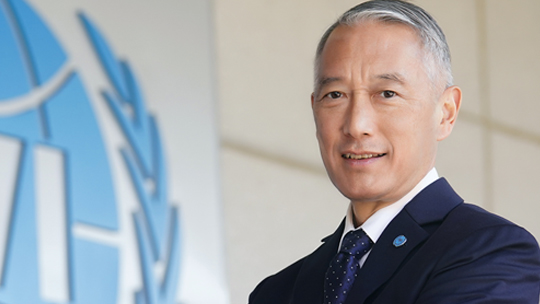
South Korea never shut down because we already had methods from past infections to track the outbreak. We get emergency alerts on our mobile phone when an outbreak occurs that tell us areas to avoid. It’s similar to when people in Hawai'i get a flash flood or tsunami warning on their mobile phones. So the U.S. may need this type of contact tracing to help people protect themselves.
We’re in for a bit of a rough ride. Even if we suppress the virus, there are chances for outbreaks. Like a forest fire, the virus could burn through an area much like it did in New York City or it could shift direction. But if or when it comes back, you need to be on your guard and prepared. Preparation prevents poor performance. That’s what I tell my daughter when she’s studying for a test. The same applies to COVID-19.

